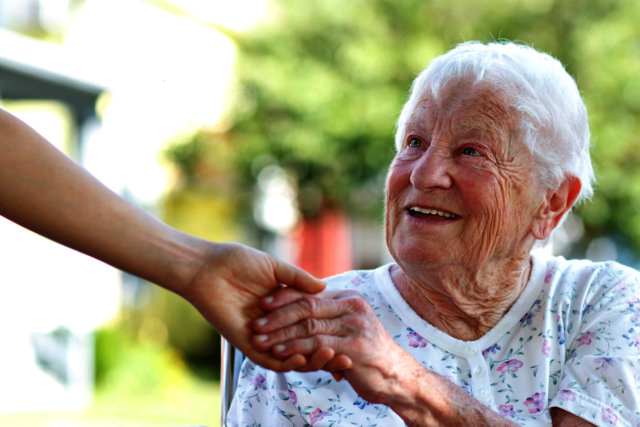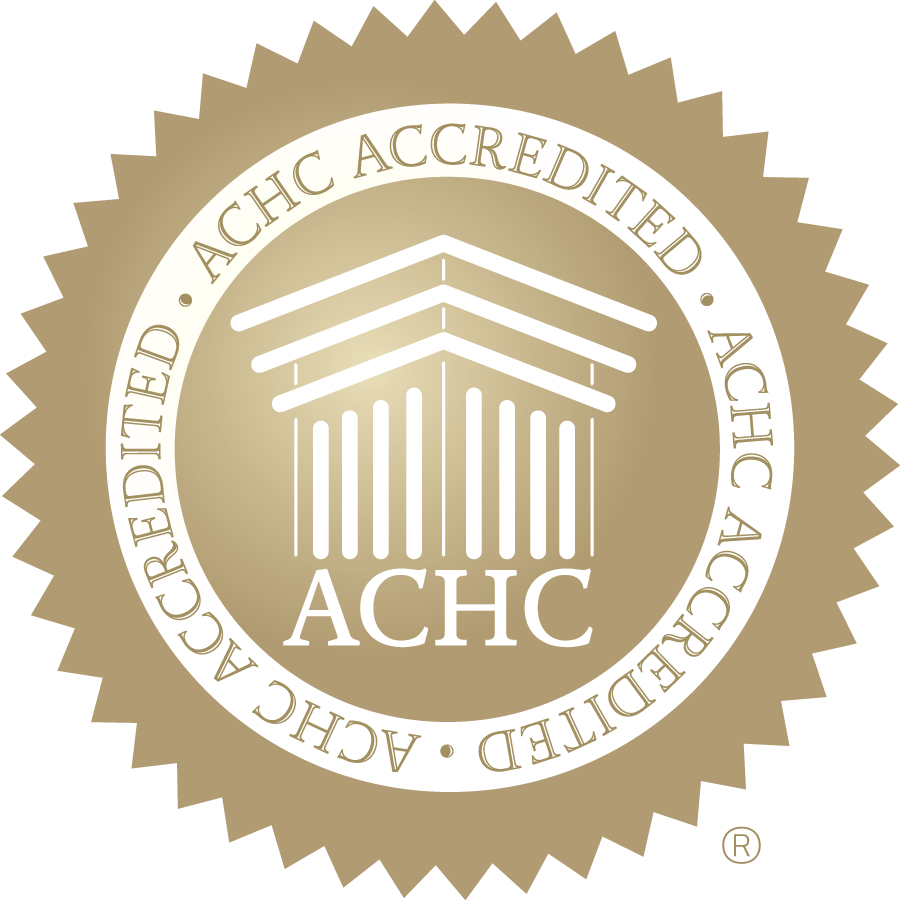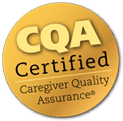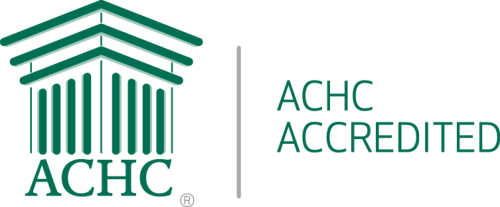
Thyroid diseases like hypothyroidism and hyperthyroidism can severely damage quality of life. Learn the symptoms, treatments & tips for senior adults.
What is the thyroid gland and what does it do?
The thyroid, a small endocrine gland located just below the Adam’s apple, is responsible for making and releasing the hormones that manage the rate of energy dispersal in the body.
The most crucial of these hormones is called thyroxine (T4). Thyroxine influences a person’s metabolism, body temperature, muscle control, cardiovascular functioning, and bone and brain health. Too much T4 can cause heart palpitations, weight loss and extreme anxiety, while too little can cause an abnormally slow heart rate, weight gain and depression.
Over time, unbalanced thyroid hormone levels can lead to an increased risk of thyroid cancer and atrial fibrillation – a dangerous type of heart arrhythmia.
How Hypothyroidism & Hyperthyroidism Affect Us As We Age
20 million Americans have a thyroid problem. As people age, they become more susceptive to developing a thyroid disorder, such as hyperthyroidism or thyroid cancer. The American Thyroid Association estimates that 1 in 4 patients in nursing homes may have undiagnosed hypothyroidism.
Even a “small” thyroid problem is a big deal because the thyroid has some major responsibilities. Besides the thyroid being the control center for your metabolism, it also produces hormones that affect every vital organ. Without proper thyroid health, seniors risk harming the rest of the systems in their body.
Seniors need to be 100% sure they have proper thyroid health. Here are common thyroid conditions to be aware of:
(1) Hypothyroidism
Common Symptoms: sensitivity to cold, little appetite, overall sluggishness
Treatment: Medication containing the synthetic thyroid hormone levothyroxine, which restores normal levels of hormones produced by your thyroid gland. Typically, once proper dosage is determined, you should feel better within a few weeks.
Hypothyroidism is the most common thyroid disease in seniors and means that the thyroid gland is not producing enough T4 hormones to regulate vital organ function in the body. It is most commonly associated with fatigue and unusual weight gain. The bad news: there is no cure. The good news: most patients can completely control it.
When seniors treat their hypothyroid condition, it is important that they slowly ramp up their dosage to the right level. Going too fast might put strain on the heart and other parts of the body. Also, if the right dosage is not met, hypothyroidism will continue or potentially develop into hyperthyroidism if correct dosage is exceeded.
(2) Hyperthyroidism
Common Symptoms: sensitivity to heat, hyperactive, excessive eating
Treatment: Radioactive iodine or other medications that slow hormone production. Removal of part of the thyroid gland is sometimes successful but not often recommended in older patients.
Hyperthyroidism is the condition in which a person produces excessive T4 hormone. This causes vital organ function to “speed up” out of control. Many people with hyperthyroidism start to notice extreme hunger and weight loss due to a very high metabolism.
Hyperthyroidism is a bit more difficult to treat than hypothyroidism for seniors because of the effect it has on the heart. Due to the sensitivity, doctors must choose the right treatment to produce adequate levels of thyroid hormones.
Seniors are encouraged to take any heart problems or concerns seriously when dealing with hyperthyroidism. While the doctor will be monitoring the effects, any discomfort should be immediately dealt with.
Thyroid Treatment Isn’t Easy Alone
Unfortunately, seniors may develop confusing symptoms that don’t indicate a thyroid issue. This process can sometimes make it difficult for doctors to figure out exactly what is happening as well.
Due to the constant monitoring, medication & support needed to fully control the thyroid diseases, a caregiver can make it much easier on the road to recovery.
A caregiver can drive seniors to their doctor appointments and remind them to take their pills daily (which is critical for treatment).

 Published January 27, 2017
Published January 27, 2017





